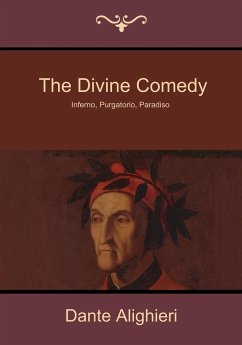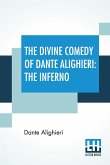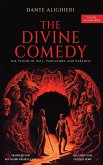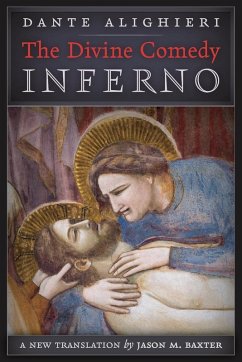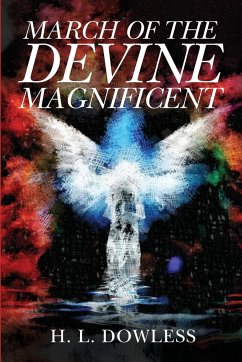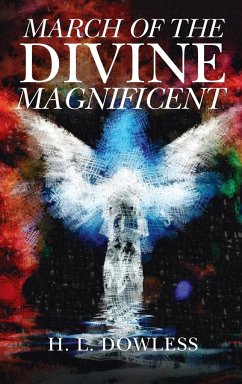The Divine Comedy (Italian: La Divina Commedia) is an epic poem written by Dante Alighieri between 1308 and his death in 1321. It is widely considered the preeminent work of Italian literature, and is seen as one of the greatest works of world literature. The poem's imaginative and allegorical vision of the Christian afterlife is a culmination of the medieval world-view as it had developed in the Western Church. It helped establish the Tuscan dialect in which it is written as the Italian standard. It is divided into three parts, the Inferno, Purgatorio, and Paradiso. On the surface the poem describes Dante's travels through Hell, Purgatory, and Heaven; but at a deeper level it represents allegorically the soul's journey towards God. At this deeper level, Dante draws on medieval Christian theology and philosophy, especially the teachings of Thomas Aquinas. At the surface level, the poem is understood to be fictional.
Hinweis: Dieser Artikel kann nur an eine deutsche Lieferadresse ausgeliefert werden.
Hinweis: Dieser Artikel kann nur an eine deutsche Lieferadresse ausgeliefert werden.

